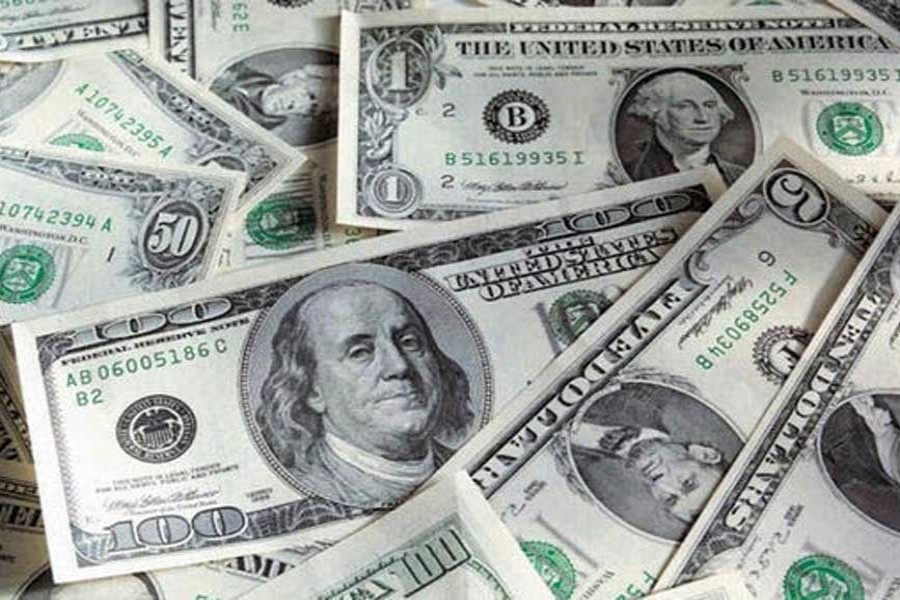One mercantilist view is that exchange rate undervaluation - e.g., via accumulation of foreign exchange reserves in China's case - is 'industrial policy' to promote export-led growth, benefiting producers of exports while discouraging imports.
Taxes and subsidies are tools of selective industrial policy for which an efficient and clean bureaucracy is needed to successfully use them for growth-promotion.
By discouraging imports and promoting exports, exchange rate undervaluation enhances cost competitiveness, e.g., by keeping wage costs down. Currency undervaluation is equivalent to import duties on all tradables and export subsidies.
But exchange rate undervaluation automatically boosts all production and export of 'tradables' without being selective. It is a blunt, non-selective instrument that can even work in highly corrupt environments or where the requisite competence is not available. Such promotion of export production avoids potentially corruptible, discretionary selection of beneficiaries.
FOREX RESERVES ACCUMULATION AS INDUSTRIAL POLICY? Polterovich and Popov's cross-country regressions for 1960-1999 suggest that foreign exchange (forex) reserves accumulation contributes to developing countries' economic growth by increasing both capital productivity and the investment/GDP (gross domestic product) ratio.
For them, forex reserves accumulation causes expansionary real exchange rate (RER) undervaluation in the short run. RER undervaluation enables taking greater advantage of export externalities, boosting export-led growth. Accumulating forex reserves attracts foreign direct investment by raising government credibility and lowering dollar costs. Undervaluation may even improve wealth and social welfare.
Hence, they argue that forex reserves accumulation has been growth promoting by enabling exchange rate underpricing. In fact, however, there has been considerable variation in both exchange rate underpricing and forex reserves accumulation over the last four decades.
If a country manages to become internationally competitive - whether via higher productivity, lower wages, or a weak exchange rate - it will export more than it imports, developing a trade surplus. If this surplus is kept as forex reserves, the exchange rate depreciates and the trade surplus may grow.
The decade-long strong yen (endaka) period after the 1985 Plaza Accord may thus have helped end the post-war Japanese economic miracle. Arguably, the endaka contributed to its financial 'big bang' and subsequent stagnation in the 1990s and its lacklustre growth thereafter.
By contrast, Chancellor Helmut Kohl avoided a similar fate for the Deutschemark by 'hiding' behind the common European monetary zone currency (euro) and lowering the national wage rate by accelerating 'reunification' of West with East Germany.
CAPITAL FLOWING UPHILL: Countries achieving high growth have mostly been net creditors, not net borrowers, i.e., they have saved more than they have invested. Even controlling for level of development, the relationship between the current account surplus and growth remains positive and significant.
This high correlation between domestic savings and investment, even in economies with relatively open capital accounts, is contrary to the popular presumption that capital would flow to countries with better investment climates and rates of return to investment.
High domestic savings rates have often, but not always supported high investment rates, which usually, if not always, leads to faster growth.
Krugman noted that although there were at least three large waves of capital flows to developing countries around the turn of the century, but none had led to growth miracles: "… the point is that there's no striking evidence that capital flows have been a major source of economic success."
Hence, many developing countries' apparent policy preference to rely on external financing is ironic as economists puzzle over why 'capital is flowing uphill', from developing to developed countries.
As protectionist policies have been increasingly constrained by developed countries promoted free trade mantra, exchange rate undervaluation is one of the few available tools for promoting catch-up development.
The main analytical argument against exchange rate undervaluation is "if all developing countries were to pursue this policy, there would be a 'beggar thy neighbour' 'race to the bottom'".
UNDERVALUATION WITHOUT RESERVES ACCUMULATION? Many in developing countries consider the policy of forex reserves accumulation to be wrongheaded. Forex reserves are a share of national savings not invested in the national economy as they are exported out of the country for low returns, usually deployed to finance consumption and investment elsewhere.
Forex reserves generally yield low returns if invested in safe instruments, such as US Treasury bills and similar debt obligations of other Western governments. Investing these savings inside the country would yield higher returns.
Vladimir Popov is a Research Director at the Dialogue of Civilizations Research Institute in Berlin
Jomo Kwame Sundaram, a former economics professor, was United Nations Assistant Secretary-General for Economic Development, and received the Wassily Leontief Prize for Advancing the Frontiers of Economic Thought.
—Inter Press Service


